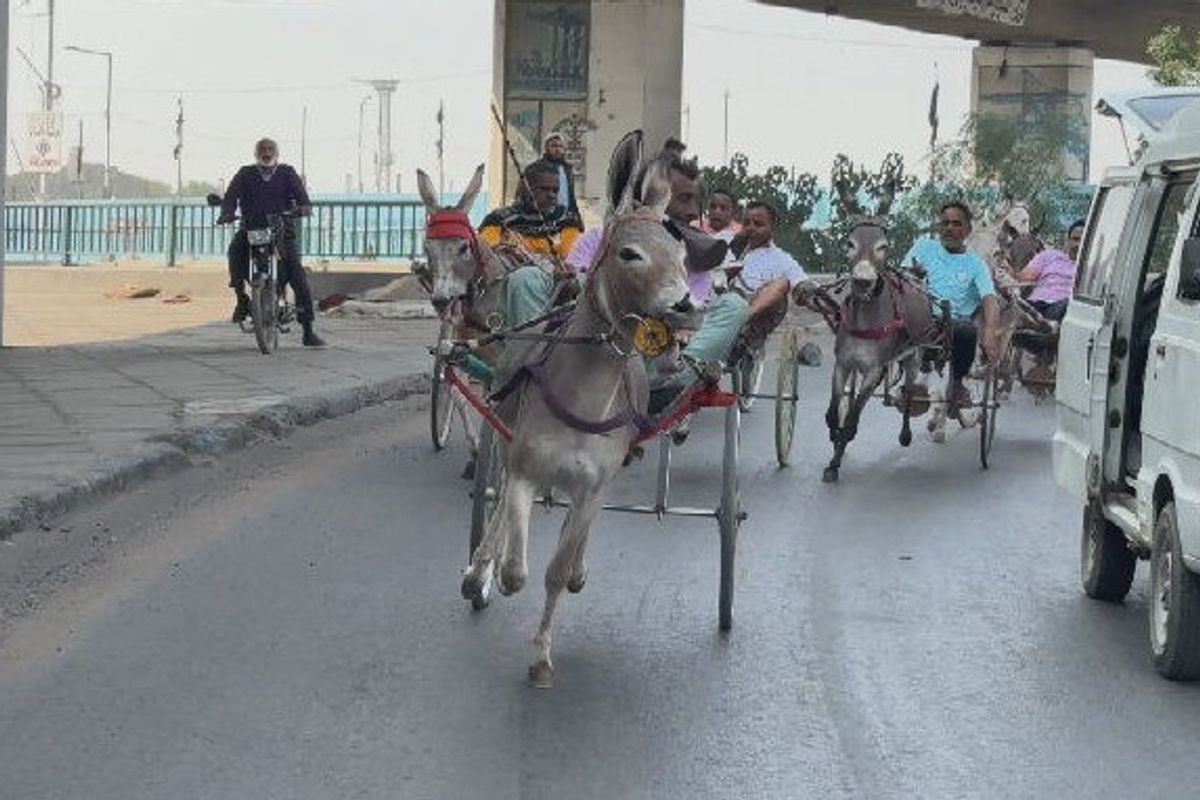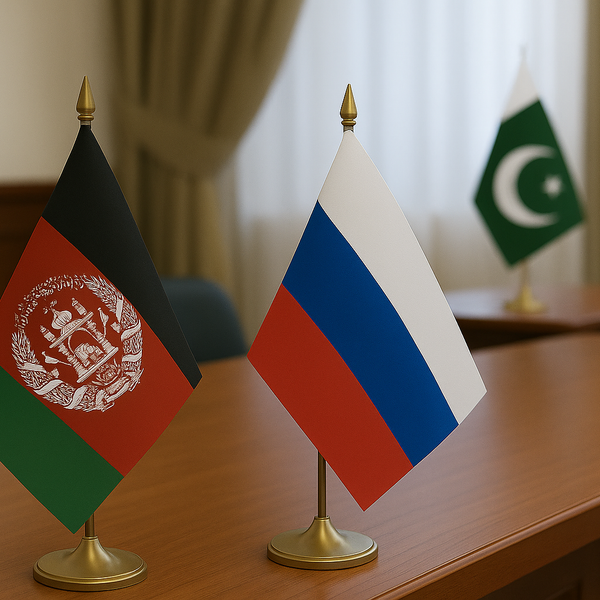Donkey Cart Race brings Karachi to life on Quaid-e-Azam’s birthday
The race, which stretched 4.5 kilometers from Native Jetty Bridge to the Metropole Hotel, featured over 40 participants competing with their donkey carts.

Kulsoom Jahan
Sports Correspondent
Kulsoom Jahan is a driven and accomplished professional with a passion for sports, news, storytelling, and in-depth fact-gathering. With eight years of experience in the sports media industry, she has honed her skills in conducting insightful interviews, crafting compelling narratives, and delivering high-quality content. Known for her ability to meet deadlines well in advance, Kulsoom is meticulous in her attention to both video and audio details, ensuring excellence in every project she undertakes. Her dedication and expertise make her a valuable asset in the ever-evolving world of sports media.

Donkey cart race took place in Karachi on December 25.
Nukta
In celebration of the Quaid-e-Azam Day, the Sindh government organized a vibrant and traditional donkey cart race in Karachi on December 25.
The race, which stretched 4.5 kilometers from Native Jetty Bridge to the Metropole Hotel, featured over 40 participants competing with their donkey carts.
Muhammad Arif Baloch from Liaquatabad clinched first place, riding his donkey, "Sartaaj," and won a cash prize of PKR 100,000. Tariq Hussain, with his donkey "Bijli," secured second place and received PKR 75,000, while Zakir’s donkey, "Kala," came third, earning PKR 50,000.
Devotion to donkey cart racing
Arif Baloch has been deeply involved in donkey cart racing since 2008 and began participating in official races in 2010.
Reflecting on past challenges, Baloch shared that he once suffered a severe accident during a race organized by the Karachi Municipal Corporation (KMC), where his donkey died, and he sustained serious injuries. Despite promises of support from Sindh Governor Kamran Tessori, no assistance was ever provided.
Tariq Hussain, the owner of "Bijli," shared his dedication to his donkey’s health and well-being. He emphasized the care he provides, feeding Bijli a special diet that includes pistachios, almonds, and milk, even prioritizing it over his children’s needs.
However, Hussain highlighted safety issues, such as narrow roads and the absence of brakes on donkey carts, which often lead to accidents. He appealed for government intervention to improve road infrastructure and create stable employment opportunities for racers.
Ghulam Hussain, a veteran racer and owner of "Heera," has been participating in donkey cart races for 40 years. He reflected on the hardships faced by racers, noting their inability to afford proper gear and their reliance on racing as both a passion and a means of sustenance.
"Donkey cart racing is not about money for us but about passion," he stated. However, he expressed disappointment with the lack of sustained government support, pointing out that while prizes and food are given during the annual event, long-term assistance is absent.
Government initiative for racers
In response to these concerns, Sindh Sports Secretary Abdul Aleem Lashari announced plans to register donkey cart race participants. This initiative aims to provide racers with financial and administrative support. Lashari also stressed the importance of prioritizing animal welfare while promoting this cultural tradition.
By addressing these challenges, the Sindh government seeks to preserve the rich heritage of donkey cart racing while ensuring the well-being of both racers and their animals.










Comments
See what people are discussing